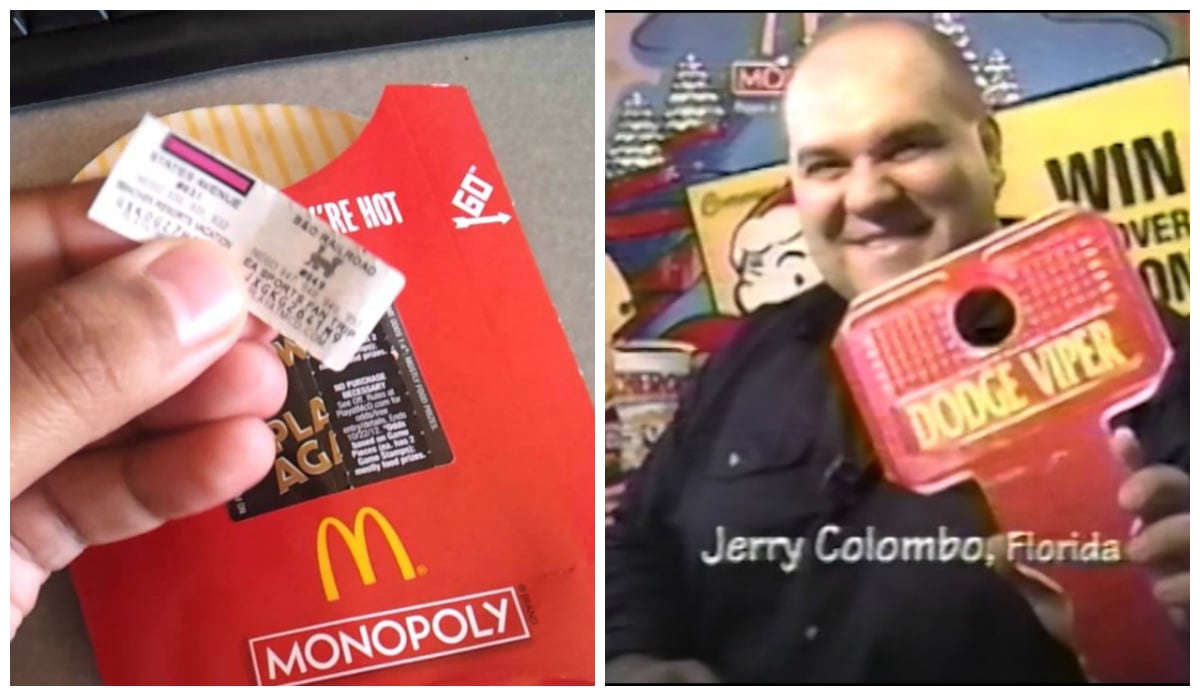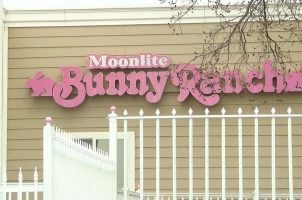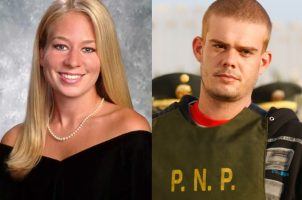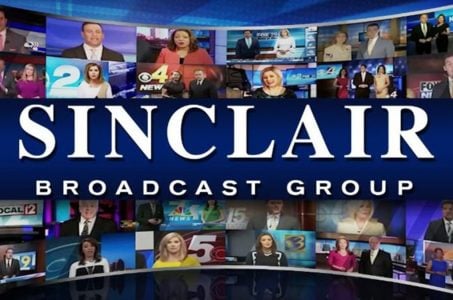Details on McDonald’s Rigged Monopoly Game Exposed, Fraudster Made Promotion His Personal Bank
Posted on: July 30, 2018, 01:00h.
Last updated on: July 30, 2018, 03:38h.
The McDonald’s Monopoly game campaigns are considered some of the most successful marketing promotions in fast food history.

But from 1989 to 2001, the game really only had one major winner: Jerome Jacobson, an ex-cop who had become the head of security at Simon Marketing, the firm entrusted with operating the contest.
In 2000, the FBI began investigating Jacobson on allegations that he was selling “Instant Win” Monopoly game pieces, including the grand $1 million prizes, to various people in exchange for kickbacks that ranged from $25,000 to $100,000. Following a sting by federal law enforcement agencies, Jacobson admitted guilt.
“All I can tell you is I made the biggest mistake of my life,” Jacobson said in court.
The fraud has long been known, but in an expose published this week by The Daily Beast, details on the severity of Jacobson’s illegal operation are finally coming to light.
Mob Ties
Jacobson’s scheme began in 1989 when a friend in Miami approached him after learning he was in charge of the game. The man said he wanted to win a prize, and Jacobson admitted he could make it happen.
The friend, who was a butcher, found a third person with no link to Jacobson to cash the winning game piece, which was worth $10,000. The butcher paid Jacobson $2,000, and split the remaining money with the accomplice.
From there, Jacobson looked to expand the scope of his criminality. He sold the butcher a $200,000 ticket in exchange for $45,000, but the “friend” stiffed him and ran off with nearly all of the cash.
Jacobson’s scam intensified after meeting Gennaro Colombo, a Sicilian-born man who claimed to be part of the Colombo crime family, at the Atlanta airport in 1995. After the mobster showed him a duffle bag filled with $100 bills and said he was on his way to Atlantic City, Jacobson said he was in the promotional gaming business, and the two struck up a conversation and decided to keep in touch.
Colombo and his wife Robin helped find persons who could be trusted willing participants in the operation.
Jacobson slipped Colombo a winning game piece for a Dodge Viper that same year, and later several $1 million tickets. Through Colombo’s network, “winners” were scatted throughout various states.
“By the end of 1998, Jacobson had become Rich Uncle Pennybags, and America was his game board,” Daily Beast writer Jeff Maysh declared. “He tooled around the United States stealing almost all the big-ticket game pieces, acquiring new properties on a whim, and collecting kickbacks from other players.”
Jacobson Demise
After Colombo died in a 1998 car accident and his wife Robin sought to depart the mob life, Jacobson looked for a new partner. He came to Richard Couturier, a fried chicken fast food entrepreneur, and Andrew Glomb, a former cocaine shipper who had spent 12 years in prison.
Couturier was convinced to enter into the scheme after Jacobson said they were simply finding worthy winners for the game, and that McDonald’s sales soared nearly 40 percent during the Monopoly promotions.
Glomb’s “winners” began to attract attention. One $1 million fortunate McDonald’s customer had plead guilty in 1999 to distributing 400 pounds of cocaine.
Regardless, Jacobson’s fraud continued until 2000 when a tip came in to the FBI that said three Monopoly winners were all related to Robin Colombo. She would later tell law enforcement that she believed it was her in-laws who ratted her out after she removed herself from the family and separated her son from the Colombos.
In August of 2001, the FBI arrested eight winners, plus Jacobson, on various charges including mail fraud. Jacobson was released from prison in 2005 and repaid the roughly $1 million in kickbacks he unlawfully made.
Related News Articles
Nevada Sex Worker Claims Innocence After Arrest for Brothel Shooting
Natalee Holloway Suspect ‘Took Care of Things’ After Disappearance
Most Popular
LOST VEGAS: ‘Tony The Ant’ Spilotro’s Circus Circus Gift Shop
Las Vegas Overstated F1 Race’s Vegas Impact — Report
Mega Millions Reportedly Mulling Substantial Ticket Price Increase
Las Vegas Strip Stabbing Near The Strat Leaves One Man Dead
Most Commented
-
End of the Line for Las Vegas Monorail
— April 5, 2024 — 90 Comments -
Mega Millions Reportedly Mulling Substantial Ticket Price Increase
— April 16, 2024 — 6 Comments -
Long Island Casino Opponents Love New York Licensing Delays
— March 27, 2024 — 5 Comments -
Sinclair Broadcast Group Selling 7.91 Million Bally’s Shares
— April 12, 2024 — 4 Comments
















No comments yet